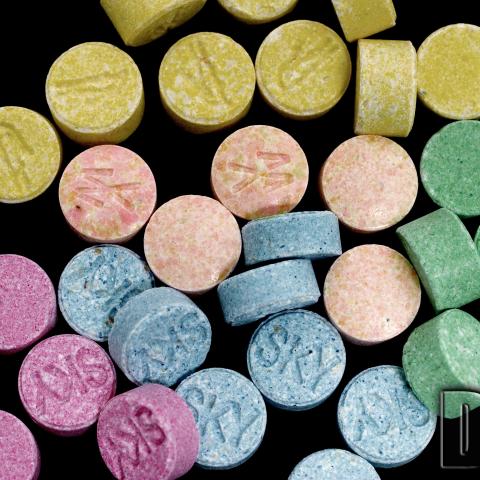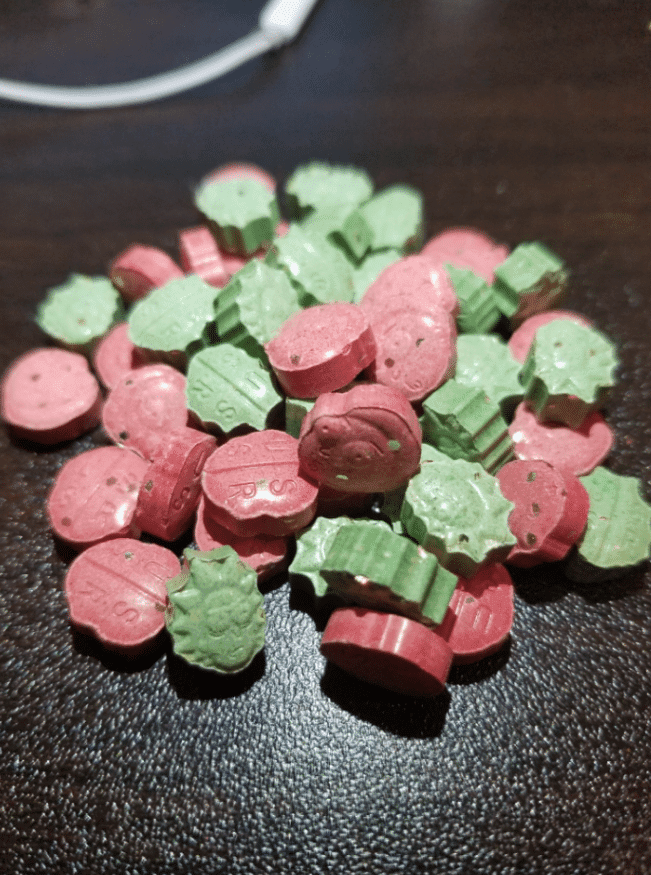Ecstasy (MDMA): Legal Status in the USA & UK
Ecstasy, also known by its scientific name MDMA (3,4-Methylenedioxymethamphetamine), is a synthetic psychoactive substance that combines stimulant and hallucinogenic properties. Commonly referred to as a “party drug” or “club drug,” Ecstasy gained popularity in rave and nightlife culture, but its effects, risks, and potential therapeutic uses have made it a subject of ongoing public debate.
How Does Ecstasy Work?
MDMA increases the activity of neurotransmitters in the brain—primarily serotonin, dopamine, and norepinephrine. This produces:
-
Elevated mood and a sense of euphoria
-
Increased sociability and empathy
-
Heightened sensory perception (colors, sounds, and touch feel more intense)
While these effects explain its popularity, many searches like “Ecstasy drug effects on the brain” and “what does Ecstasy feel like” highlight growing curiosity about both its positive and negative impacts.
Short-Term Effects of Ecstasy
After taking Ecstasy, users may experience:
-
A rush of energy and alertness
-
Emotional warmth and reduced anxiety
-
Intensified music and light experiences (common in club settings)
-
Dilated pupils, increased heart rate, and sweating
These effects typically last 4–6 hours, but the comedown—characterized by fatigue, irritability, and depression—can linger for several days.
Risks and Dangers of Ecstasy
While Ecstasy can create euphoric feelings, it also carries significant risks:
-
Dehydration and overheating, especially in crowded environments
-
Anxiety, paranoia, or panic attacks
-
Sleep disturbances and difficulty concentrating
-
Neurotoxicity linked to repeated use
-
Addiction potential in frequent users
Long-term use may result in memory problems, mood disorders, and serotonin depletion, making keywords like “long term effects of Ecstasy” and “is Ecstasy addictive” highly relevant for educational resources.
Medical Research on MDMA
Despite its illegal status, MDMA has gained attention in clinical research, particularly for mental health treatments. Recent studies suggest that MDMA-assisted therapy may help patients with Post-Traumatic Stress Disorder (PTSD) and treatment-resistant depression.
This growing area of research drives search interest in terms like “MDMA therapy for PTSD,” “MDMA assisted therapy research,” and “MDMA medical uses.”
Ecstasy (MDMA) remains a controversial substance: celebrated in rave culture, prohibited by law, and investigated by scientists for possible medical benefits. While it can create feelings of empathy and euphoria, its side effects, health risks, and legal consequences cannot be ignored.


Reviews
There are no reviews yet.